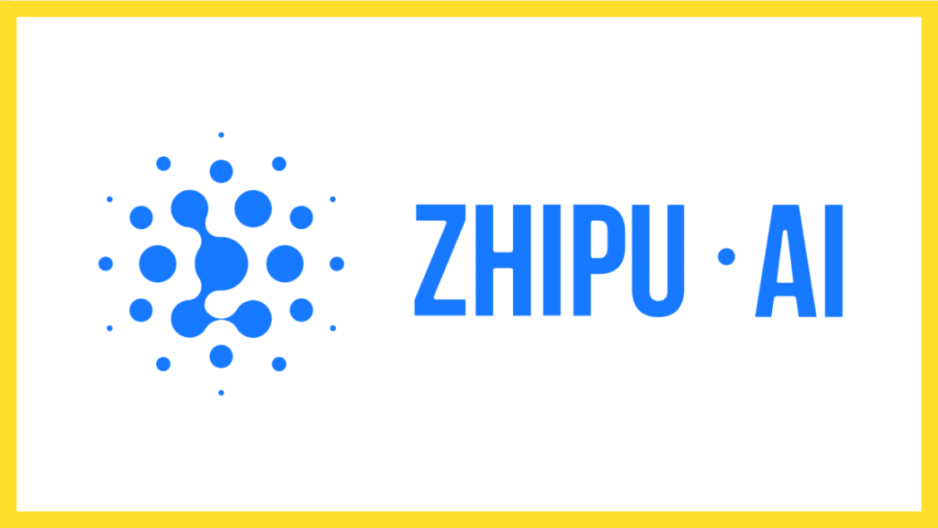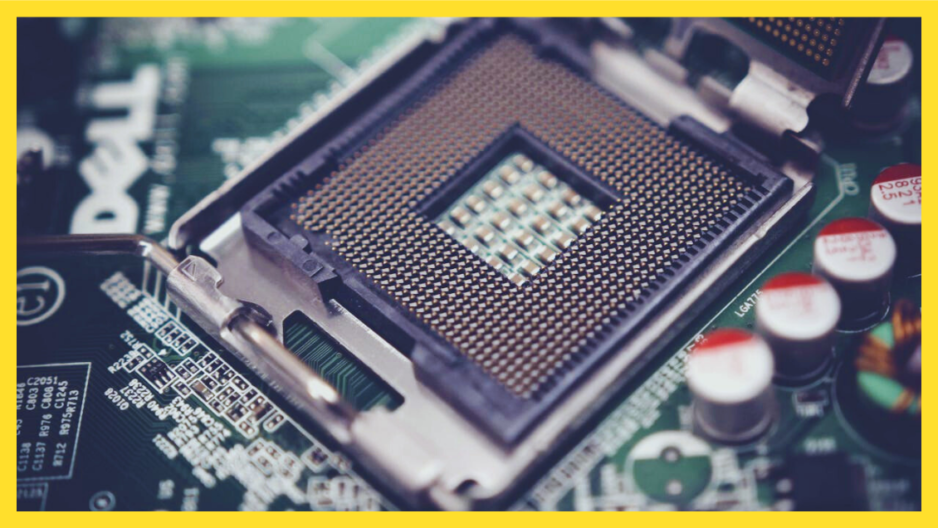Chinese AI company Zhipu AI, now Z.ai, unveiled its biggest open-source model, GLM-4.5, boasting advanced features and strong performance on global benchmarks. The model uses fewer hardware resources while maintaining high accuracy, ranking third worldwide. Z.ai’s aggressive pricing strategy undercuts rivals, offering significantly lower costs per million input and output tokens. As China’s AI sector accelerates, Zhipu has secured more than $1.5 billion in funding and is reportedly eyeing a potential IPO in Hong Kong. Despite U.S. trade restrictions, the company aims to expand globally with affordable, efficient AI solutions.
Read more: Tech Startups










